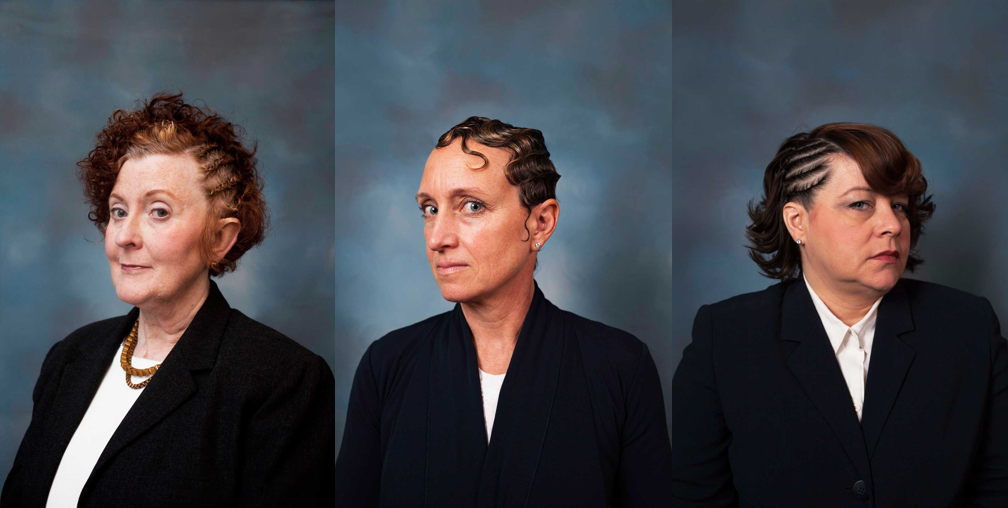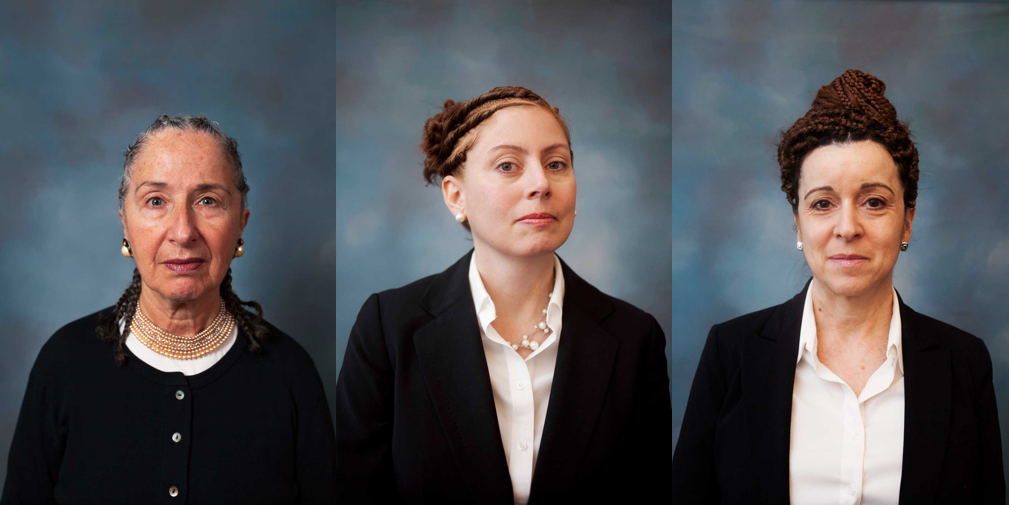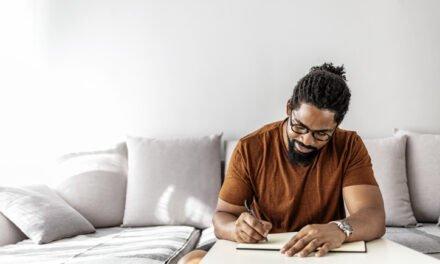
I was intrigued by a blog post entitled White Women, Black Hairstyles. Photographer Endia Beal, who sports an Afro, was inspired to invite White women to go to a Black salon for “afro-centric” styles, as a result of her co-workers who, curious about her hair, ask if they could touch it. Beal worked on the project this summer during a five week residency with the Center for Photography at Woodstock.
After getting their new styles, the women had to agree to be photographed in a traditional corporate portrait, even if they weren’t happy with the result. She chose baby boomer women to participate in the experiment with the assumption that this age group might have more fixed views on what constituted a “professional look”. Many of the women were eager to participate and to be able to ask questions that might have been considered inappropriate in other contexts.

Beal understood that in a corporate environment an “afro-centric” hairstyle might not be readily accepted. Inviting White women to her art project helped them to experience the risk and step out of their comfort zone.
Beal is in North Carolina for a year after receiving a grant to continue her work. She is also considering having the women enter their workplace while wearing the new hairstyle, and she is working on a video of the women talking about their experiences.
This is an example of a great inclusion solution. Experience is the best teacher and to have these women experience the comments and reactions that they will no doubt get, will surely enhance their intercultural competence.
Images from Endia Beal’s Can I Touch It


















